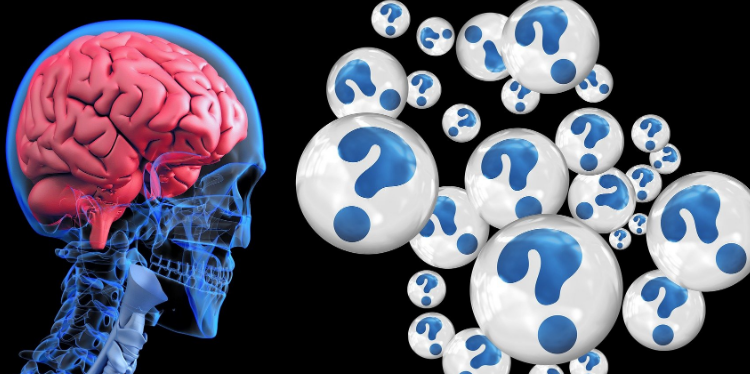Neurocognitive disorders refer to a group of conditions that often cause impaired mental function. They are more likely to occur in older adults, although they can impact younger people. Common symptoms include memory loss or problems, behavioral changes, trouble with performing daily activities, and difficulty understanding language.
Neurodegenerative Conditions
Some symptoms of a neurocognitive disorder are caused by neurodegenerative conditions, such as dementia or Alzheimer’s disease. These conditions cause the brain and nerves to deteriorate over time, which cases a gradual loss of neurological or brain function. While they often occur as a result of aging, they can also be due to substance abuse or brain trauma. Reported symptoms and diagnostic testing is typically used by healthcare providers to determine the underlying cause of a neurocognitive disorder. The cause and severity of the condition is used to help healthcare providers determine the best treatment type.
Neurocognitive Disorders Symptoms
The symptoms can vary depending on the underlying cause of the neurocognitive disorder. When it is caused by a neurodegenerative condition, the most common symptoms are confusion, memory loss, and anxiety. Some people also experience an inability to focus or concentrate, short-term memory loss, headaches, difficulty with walking and balancing, vision changes, and trouble performing routine tasks.
Causes of Neurocognitive Disorders
Neurodegenerative diseases are the main reason behind most neurocognitive disorders. There are several neurodegenerative diseases that may cause neurocognitive disorders to develop, including Alzheimer’s disease, Huntington’s disease, multiple sclerosis, dementia, Parkinson’s disease, and prion disease. However, these are more likely to impact seniors. In people under the age of 60, neurocognitive disorders are more likely to develop due to infection or injury. Conditions that might lead to a neurocognitive disorder include a traumatic injury that causes bleeding in the brain, concussion, meningitis, septicaemia, encephalitis, blood clots, vitamin deficiency, and drug or alcohol abuse.
Risk Factors
The risk of developing a neurocognitive disorder will somewhat depend on lifestyle habits. For example, heavy metals such as mercury or lead can cause damage to the nervous system over time, so working in an environment that involves exposure to heavy metals can heighten the risk. Along with this, people may be at a higher risk of developing a neurocognitive disorder if they have a cardiovascular disorder, are over the age of 60, abuse alcohol or drugs, have diabetes, or participate in sports with a higher risk of head trauma.
Treatment Options
The treatment options that are available for neurocognitive disorders will vary depending on the underlying cause. Various types of therapy and management strategies might be required when the cause is an underlying neurodegenerative disease. Some treatment options may include physical therapy to improve balance, strength, flexibility and coordination, surgery to repair brain damage, occupational therapy to help with everyday skills, pain medication, antibiotics, and bed rest to allow injuries the time needed for them to heal.
Neurocognitive disorders can happen due to a range of underlying reasons, including in the elderly as a result of neurodegenerative diseases such as Parkinson’s disease or Alzheimer’s disease.


